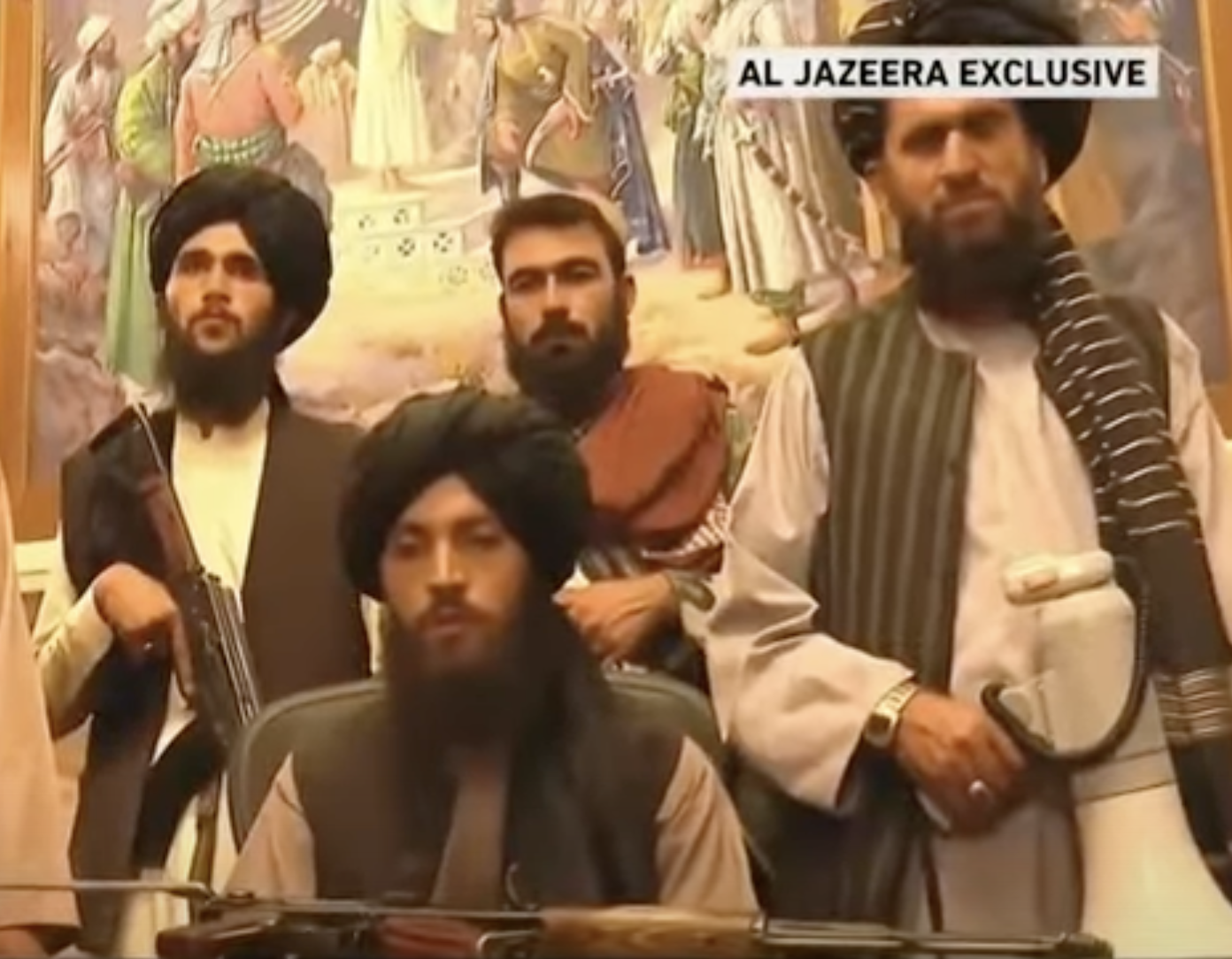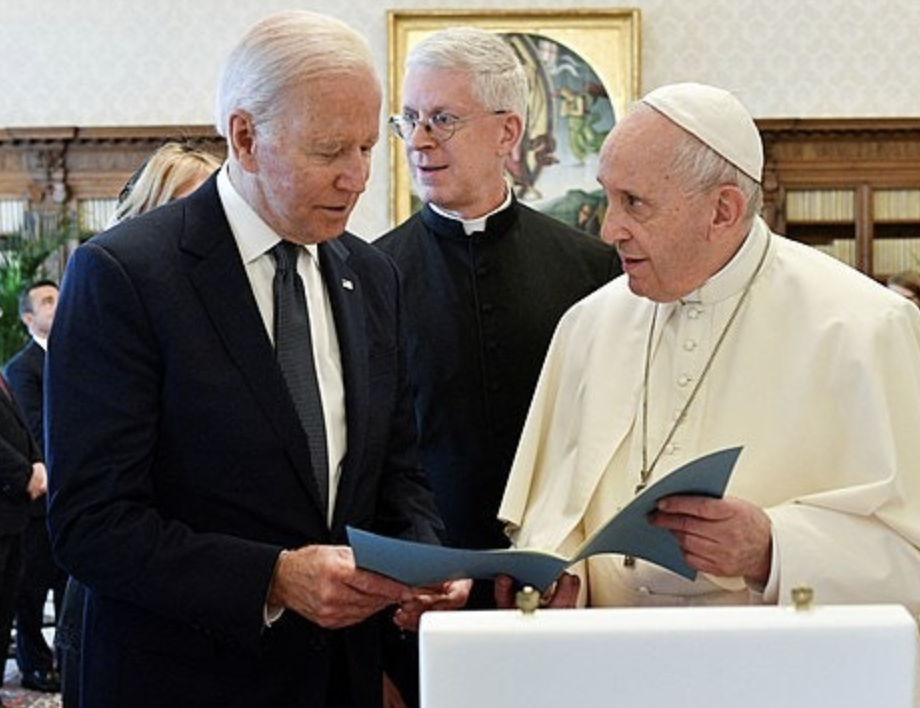Since the late 19th Century, Catholics have recited the Prayer to St. Michael when facing disease, disaster and despair.
It proclaims, in part: "St. Michael the Archangel, defend us in battle. … O Prince of the heavenly hosts, by the power of God, thrust into hell Satan, and all the evil spirits, who prowl about the world seeking the ruin of souls."
Before Vatican II, this prayer was often recited after Mass, although it wasn't in the rubrics. In 1994, St. Pope John Paul II urged Catholics to embrace it -- while preaching on threats to the unborn.
The faithful at St. Joseph's Parish in Libertyville, Ill., stopped reciting the Prayer to St. Michael aloud after Masses this past summer. While debate continues about what the Archdiocese of Chicago instructed, livestreamed remarks by the associate pastor went viral, during a worship wars surge in modern Catholicism.
"What I'm going to say, I'm going to say this with a lot of respect. Following the directive of Cardinal Cupich, we want to remind everyone that the Prayer of St. Michael is not to be said publicly following Mass," said Father Emanuel Torres-Fuentes. "As a priest, I have to obey, and I obey this at peace."
While Cardinal Blase Cupich's actions have made news, this drama opened in July with a Pope Francis apostolic letter entitled "Traditionis Custodes (Guardians of the tradition)." It restricted use of the old Latin Mass, thus undercutting "Summorum Pontificum (Of the Supreme Pontiffs)" by the retired Pope Benedict XVI. That document said the post-Vatican II Novus Ordo was the "ordinary form" for the Mass, but the Tridentine rite was an "extraordinary form" that could be encouraged.
The Pope Francis letter appeared to give local bishops some freedom to control use of the old Latin Mass. Then the Vatican's Congregation for Divine Worship released guidelines on Dec. 18, explaining the pope's edict.
Many bishops, for example, had granted dispensations allowing some diocesan parishes to use the Latin Mass. But Rome's new guidelines said this was not permitted -- only the Vatican could grant exceptions. Also, any parish allowed to celebrate the Tridentine Mass could not list this service in printed or online Mass schedules.










